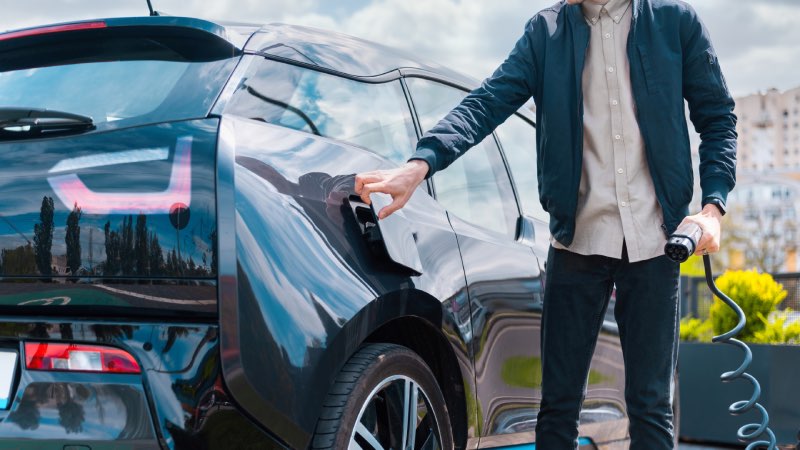Electric vehicles (EVs) promise a greener future, lower fuel costs, and cutting-edge tech, but there’s one drawback many buyers overlook—resale value. A recent UK study by Value My Car found that electric cars, on average, lose value faster than their internal combustion engine (ICE) counterparts.
The Depreciation Dilemma Of Electric Cars
After analyzing 20 popular models, the study revealed that 16 EVs suffered greater depreciation than their gas-powered equivalents. Leading the pack was the Toyota bZ4X, which lost a staggering 29% of its value. The Ford F-150 Lightning Lariat followed closely behind at 25.8%, with the Audi Q8 e-tron not far off at 24%. These numbers raise concerns about the long-term financial appeal of EVs, especially as manufacturers push for widespread adoption.

However, not all EVs followed this trend. The BMW i4, BMW i3, Chevrolet Blazer EV, and Toyota bZ3 bucked the pattern, retaining value better than their ICE counterparts. This suggests that factors like brand reputation, battery longevity, and demand still play a crucial role in resale performance.
Why Are Electric Cars Losing Value Faster?
Several factors contribute to the sharp depreciation of EVs:
- Rapidly Advancing Technology – EV technology is evolving at breakneck speed, making older models seem outdated much faster than traditional cars.
- Battery Concerns – Potential buyers worry about battery lifespan and replacement costs, even though modern EVs boast long-lasting packs.
- Incentives and Price Cuts – Government subsidies and frequent manufacturer price reductions can devalue used EVs on the market.
Should You Still Buy an EV?
Depreciation aside, EVs still offer significant benefits, including lower operating costs, tax incentives, and a reduced carbon footprint. But if resale value is a major concern, buyers may want to research which models hold their worth best—or consider leasing to sidestep depreciation worries altogether. Would you still choose an EV despite the resale hit?
Credit:
- Featured Image: Frimu Films
